
This content was recently updated by Sudhir Singh on February 26, 2025 to improve accuracy.
The Constitution of India does not allow holding Indian citizenship and citizenship of a foreign country simultaneously. Based on the recommendation of the High Level Committee on Indian Diaspora, The Government of India decided to register Persons of Indian Origin (PIOs) of certain categories, as specified in Section 7A of the Citizenship Act, 1955, as Overseas Citizens of India (OCI) Cardholders.
Key facts:
- Legal basis: Governed by the Citizenship Act, 1955, and amendments.
- Purpose: Strengthen ties with the Indian diaspora while retaining foreign citizenship.
- Key distinction: OCI is not dual citizenship. Cardholders remain foreign nationals but enjoy special benefits.
Example: A U.S.-based software engineer born to Indian parents can apply for OCI to work in India without a visa.
Who Can Apply Overseas Citizen of India?
Individuals eligible for OCI status include:
- Former Indian citizens who have acquired foreign citizenship.
- Children, grandchildren, or great-grandchildren of Indian citizens.
- Minor children with at least one Indian citizen parent.
- Spouses of Indian citizens or OCI cardholders, subject to conditions.
Persons who are or were citizens of Pakistan or Bangladesh are not eligible.
| Eligible Categories | Exclusions |
|---|---|
| Individuals born in India | Citizens of Pakistan, Bangladesh, etc. |
| Former Indian citizens | Individuals with parents/grandparents |
| Children/grandchildren of Indian citizens | from restricted countries |
| Spouses of Indian citizens/OCI cardholders |
Provoking question: Are you eligible for OCI if your great-grandparents were Indian?
No. Eligibility stops at grandparents.
Read More: Krishak Bandhu Scheme 2025
How to Apply Overseas Citizen of India?
Application for registration as OCI Cardholder can be made Online. For this purpose, please visit https: / /ociservices.gov.in. Before filling the application, Instructions may be perused so that there is no mistake in submission of application. Further, the details regarding Fee and Offices where original supporting documents have to be submitted for prior verification may also be perused.
Steps
- Fill out the application form with accurate details.
- Upload required documents, including proof of Indian origin and foreign citizenship.
- Pay the required fee online.
- Submit original documents for verification at designated Indian missions or FRRO offices.
- Track application status online.
Key Benefits for Overseas Citizen of India
Visa-Free Travel
- Multiple-entry, lifelong visa to visit India.
- No restrictions on the duration of stay.
- Special permission required for research, journalism, missionary work, and visits to restricted areas.
Stay Without Registration
- No need to register with the Foreigners Regional Registration Office (FRRO) regardless of the length of stay.
- Must report changes in address and occupation via email if residing in India permanently.
Rights Similar to Indian Nationals
- Domestic airfare at the same rates as Indian citizens.
- Equal entry fees for national parks, monuments, and museums.
Parity with Non-Resident Indians (NRIs)
Education
- Eligible for entrance exams like NEET, JEE, and others.
- Can apply under NRI or supernumerary quotas.
- Cannot apply for seats reserved exclusively for Indian citizens.
Property Ownership
- Can buy and sell residential and commercial property.
- Cannot purchase agricultural land, farmhouses, or plantations.
Employment and Professions
- Can work in India in regulated professions like:
- Medicine (Doctors, Nurses, Pharmacists)
- Law (Advocates)
- Architecture
- Chartered Accountancy
Academic Appointments
- Eligible for teaching positions at IITs, NITs, IIMs, IISERs, IISc, Central Universities, and AIIMS.
Read More: कालिया पोर्टल 2024
Restrictions on OCI Cardholders
No Political Rights
- Cannot vote in Indian elections.
- Cannot hold positions such as President, Vice-President, or Supreme Court Judge.
- Cannot be a Member of Parliament or Legislative Assembly.
No Government Jobs
- Cannot work in government positions unless specifically permitted by the Indian government.
- Cannot join the Indian Armed Forces or Civil Services.
Property Limits
- Cannot own agricultural land, farmhouses, or plantations in India.
Using OCI Card as Identification
State governments and authorities must accept the OCI registration booklet as valid identification for services.
Renewal and Reissuance of OCI Cards
When to Update the OCI Card
- At the age of 20 (if issued as a minor) and again after turning 50.
- If there are changes in personal details such as name or nationality.
- If a new passport is obtained after turning 20.
Failure to update OCI records may lead to difficulties in travel and access to benefits.
Applying for Indian Citizenship
OCI cardholders may apply for Indian citizenship if:
- They have been registered as an OCI cardholder for at least five years.
- They have lived in India for 12 months before applying.
- The Indian government may waive up to 30 days from the residency requirement in special cases.
Common Misconceptions About OCI
1. Does OCI Mean Dual Citizenship?
No, OCI is not dual citizenship. It grants several benefits but does not provide political rights or complete equality with Indian citizens.
2. Can OCI Cardholders Work in India?
Yes, but only in specific professional fields like medicine, law, and academia.
3. Can OCI Cardholders Own Businesses in India?
Yes, OCI cardholders can start businesses and invest in India, except in agriculture-related sectors.
4. Can an OCI Card Be Revoked?
Yes, the Indian government can cancel an OCI card if the holder violates any law or engages in anti-India activities.
Why OCI Status Matters
The OCI scheme bridges the gap between India and its global diaspora. It provides lifelong privileges while maintaining a clear distinction from full Indian citizenship. People of Indian origin can visit, study, work, and invest in India with minimal bureaucratic hurdles.
Understanding the rights and limitations of OCI status helps individuals make informed decisions about their long-term plans related to India.
Benefits of OCI Status
OCI simplifies life for diaspora members engaging with India. Key advantages:
- Visa-free travel: Live, work, or study in India indefinitely.
- Property rights: Own residential or commercial property (except agricultural land).
- Financial access: Open bank accounts, invest in stocks, or start businesses.
- Education: Enroll in institutions under the same fees as Indian citizens.
- Cultural participation: Join Indian organizations or societies.
Data point: Over 4 million OCI cards were issued as of 2023 (Ministry of External Affairs).
Case study: Priya, an OCI cardholder in Canada, inherited her family’s Mumbai apartment without legal hurdles.
Limitations and Restrictions
OCI status has clear boundaries:
- No political rights: Cannot vote, run for office, or join the military.
- Agricultural land: Cannot purchase farmland; inheritance requires government approval.
- Government jobs: Need special permission for roles requiring Indian citizenship.
- Reporting requirements: Update OCI details for passport renewals or marital status changes.
Example: Raj, an OCI holder in Singapore, had to surrender his OCI card temporarily to take up a government research role.
Read More: DPIIT Internship 2025
OCI vs. Other Statuses
Understanding OCI’s place among similar schemes:
- PIO Card: Merged with OCI in 2015. OCI offers lifelong validity vs. PIO’s 15-year limit.
- Dual citizenship: India does not permit it. OCI is the closest alternative.
- Tourist visa: OCI avoids repeated visa applications and fees.
Provoking question: Is OCI better than a 10-year tourist visa?
Yes, if you plan frequent, long-term stays or financial investments.
Application Process
Steps to obtain OCI:
- Check eligibility: Confirm ties to India via ancestry or marriage.
- Gather documents:
- Proof of Indian origin (birth certificates, old passports).
- Current passport and renunciation certificate (if applicable).
- Submit application: Online via the Indian government’s OCI portal.
- Processing time: 6–8 weeks, with tracking available.
- Fees: Vary by country (e.g., $275 in the U.S.).
| Step | Details | Documents Needed |
|---|---|---|
| Check eligibility | Confirm Indian ancestry or marriage ties | Birth certificates, old passports |
| Submit application | Online via the Indian government’s OCI portal | Current passport, renunciation certificate |
| Processing | 6–8 weeks; trackable online | Fee receipt, appointment confirmation |
| Collect OCI card | Delivered by post or collected from embassy/consulate | Old passport for stamping |
Tip: Minor errors (e.g., spelling mismatches) cause delays. Double-check forms.
Case study: Amit, a British national, faced a 3-month delay due to a mismatched surname on his father’s birth certificate.
Recent Changes and Updates
OCI rules evolve. Notable updates:
- 2020 revisions: OCI cardholders now need approval for journalism, research, or missionary work.
- COVID-19 impact: Travel exemptions for OCI holders during pandemic restrictions.
- Merger with PIO: Simplified process for former PIO cardholders to convert to OCI.
Example: During COVID-19 lockdowns, OCI cardholders required special permits to enter India—a hurdle for emergency travel.
Real-Life Scenarios
OCI’s impact varies based on individual needs:
- Work flexibility: Tech professionals like Anika (OCI holder in Germany) work remotely from India for months without visa renewals.
- Retirement: Retirees like Ravi (ex-UK citizen) use OCI to reside in India cost-effectively.
- Challenges: Legal disputes over inherited property or sudden policy changes can create complications.
Provoking question: Could OCI complicate your tax status in India?
Possibly. Consult a tax advisor to understand residency rules.
Common Misconceptions
Clarifying myths about OCI:
- Myth: OCI allows dual citizenship.
Fact: India prohibits dual citizenship. OCI is a lifelong visa with limited rights. - Myth: Agricultural land inheritance is automatic.
Fact: Requires government approval, which is rarely granted. - Myth: OCI cards never expire.
Fact: They’re lifelong but must be reissued after passport renewal or personal details change.
Example: Sanjay, an Australian OCI holder, had to reapply after his passport expired post-marriage name change.
Future of the OCI Scheme
Demands for expanding OCI rights persist:
- Voting rights: Diaspora groups lobby for voting in Indian elections.
- Land ownership: Requests to ease agricultural land restrictions.
- Streamlined processes: Faster renewals and digital integration.
Government stance: Balancing diaspora interests with national security remains a priority.
Provoking question: Will OCI ever equate to full citizenship?
Unlikely, given India’s constitutional framework.
Final Takeaways
- OCI bridges convenience and connection for the Indian diaspora.
- Understand its benefits and limitations before applying.
- Stay updated on policy changes through official channels like the Indian Embassy.
Action step: Review your eligibility and document readiness today.
Engage with this information by asking, How could OCI status simplify your ties to India? Share your thoughts or experiences below.


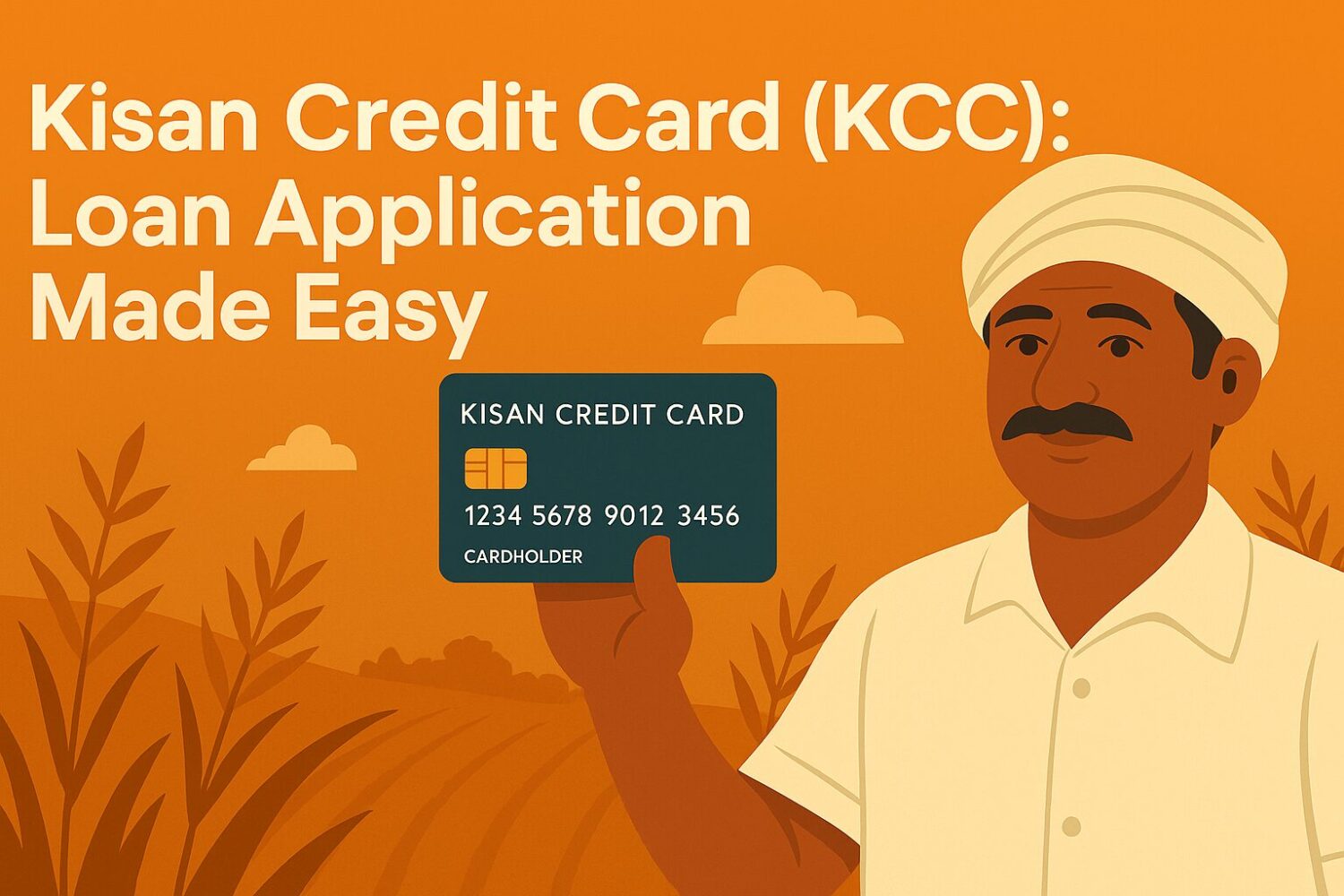

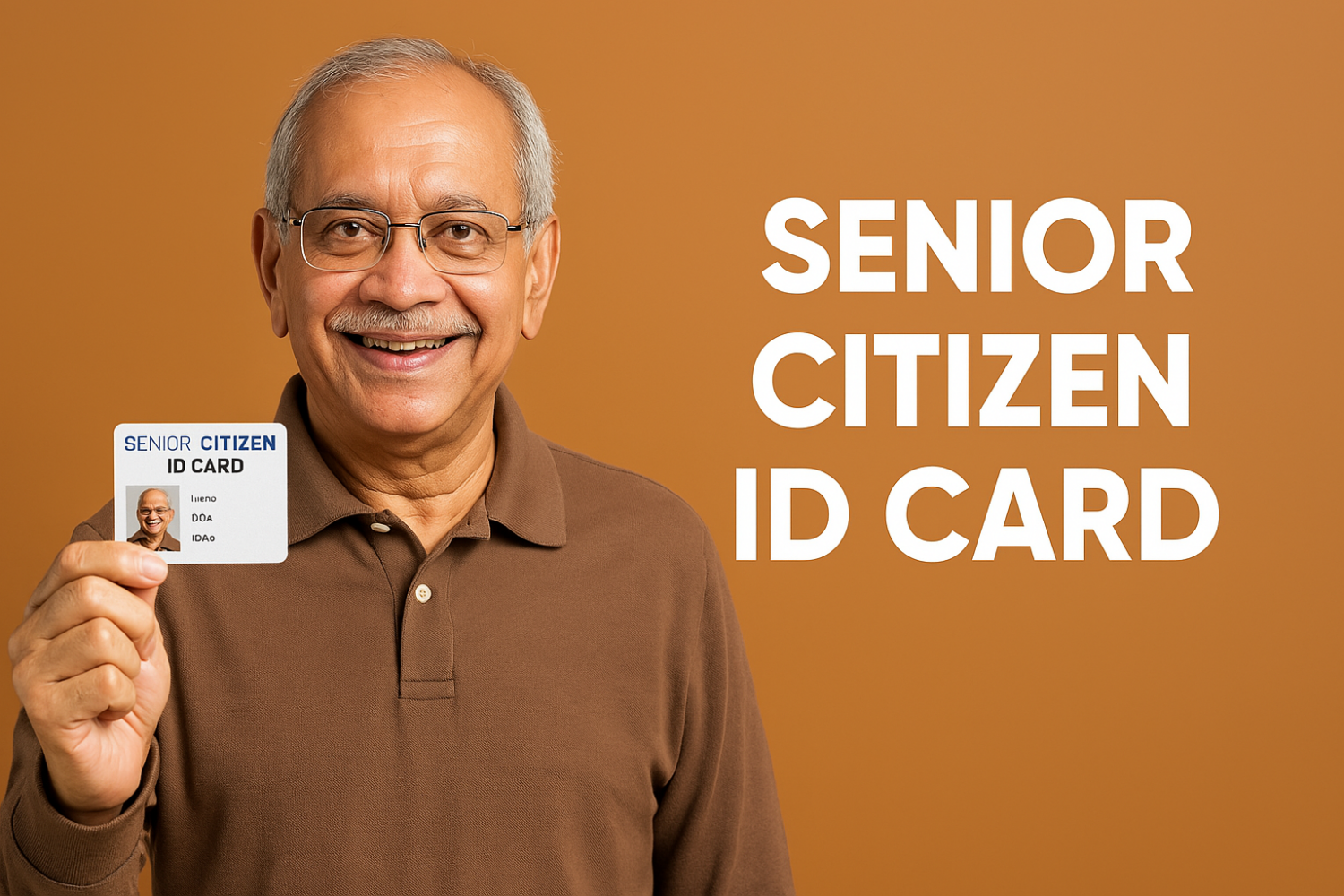


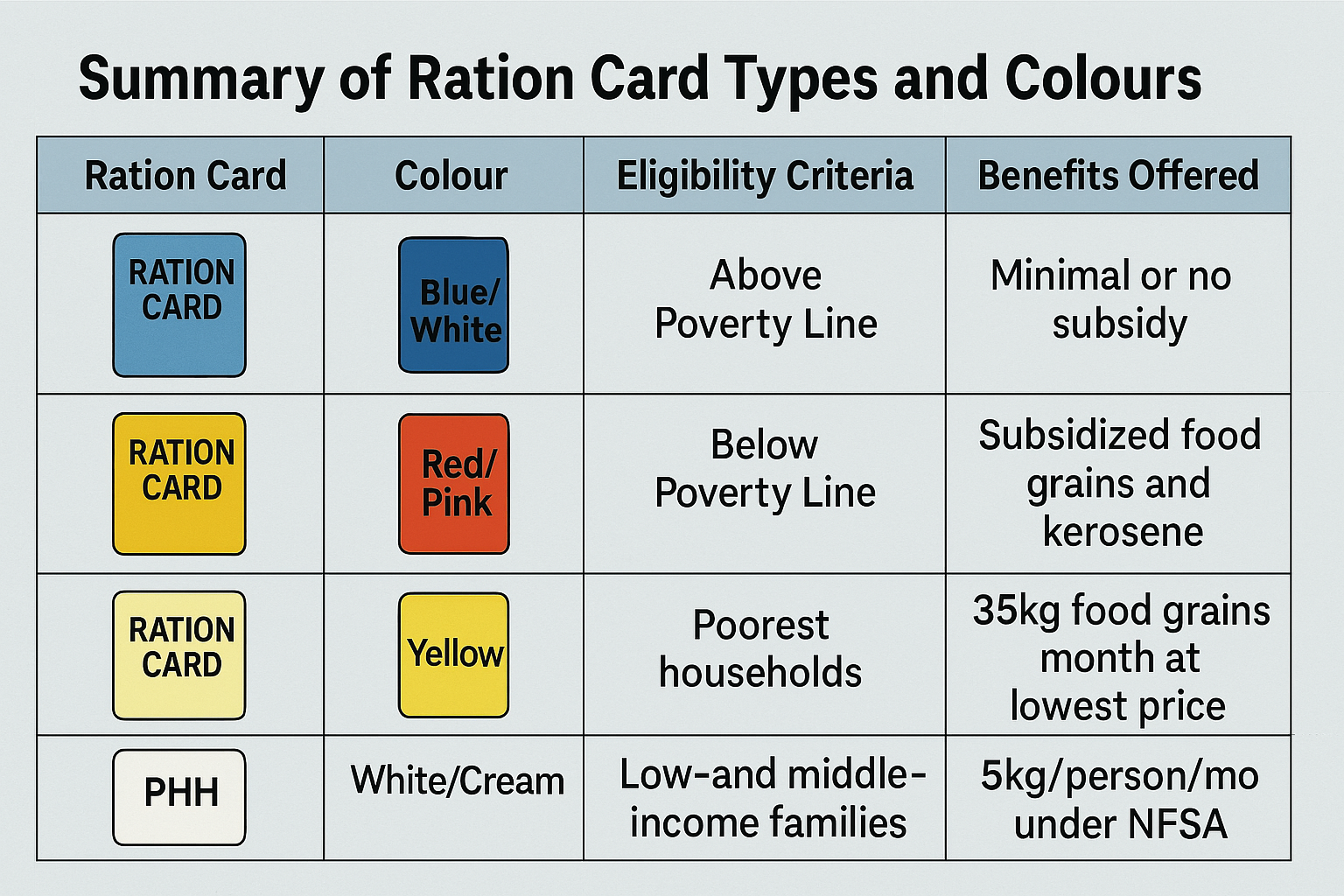
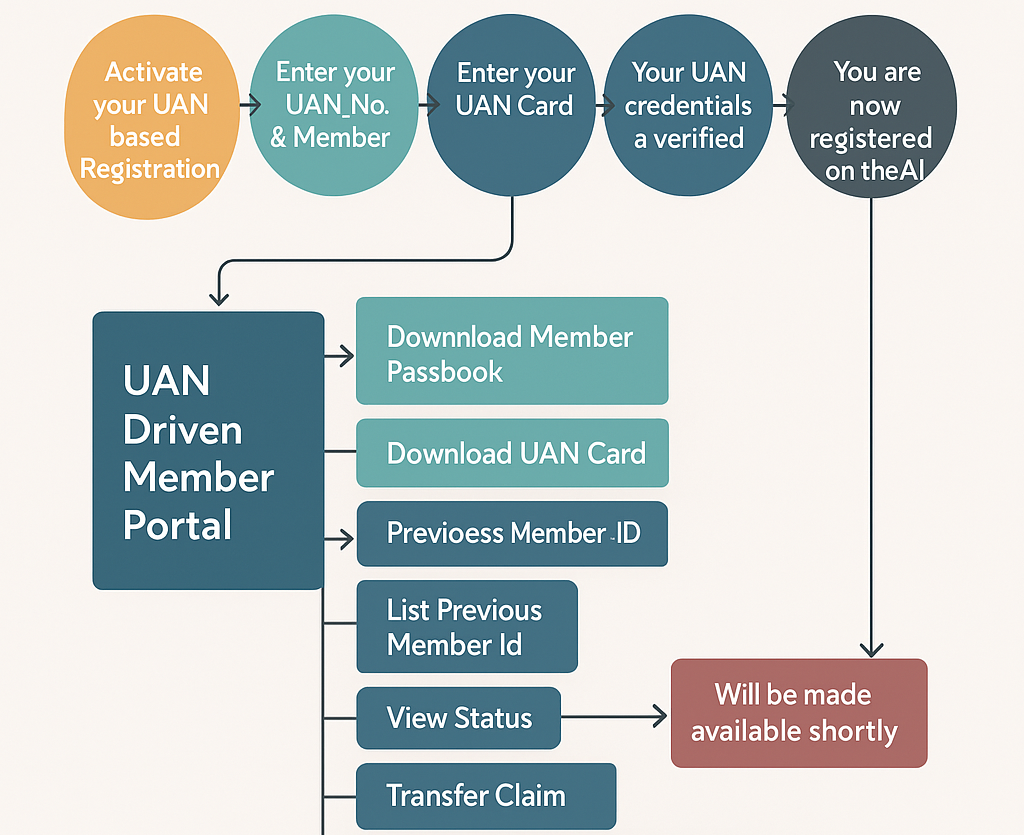





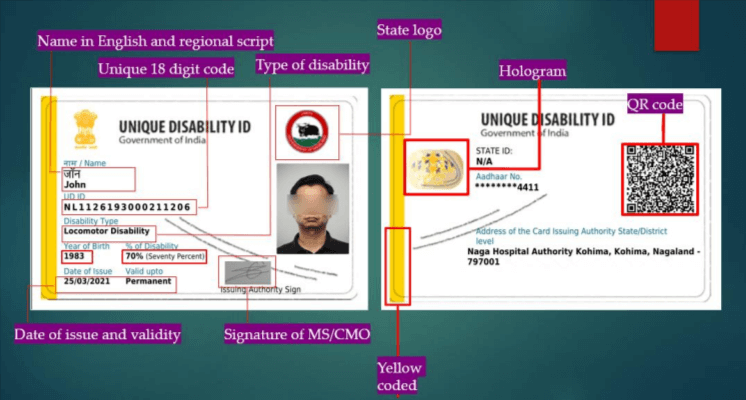
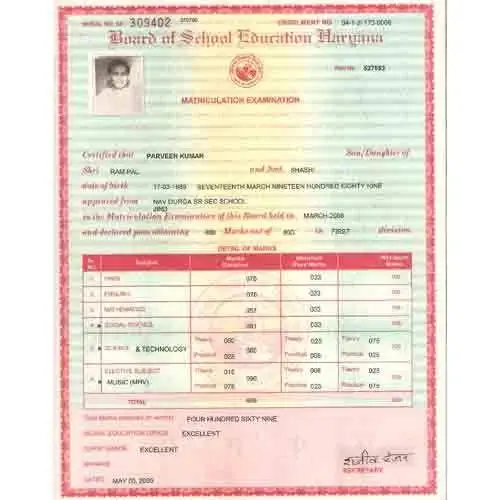

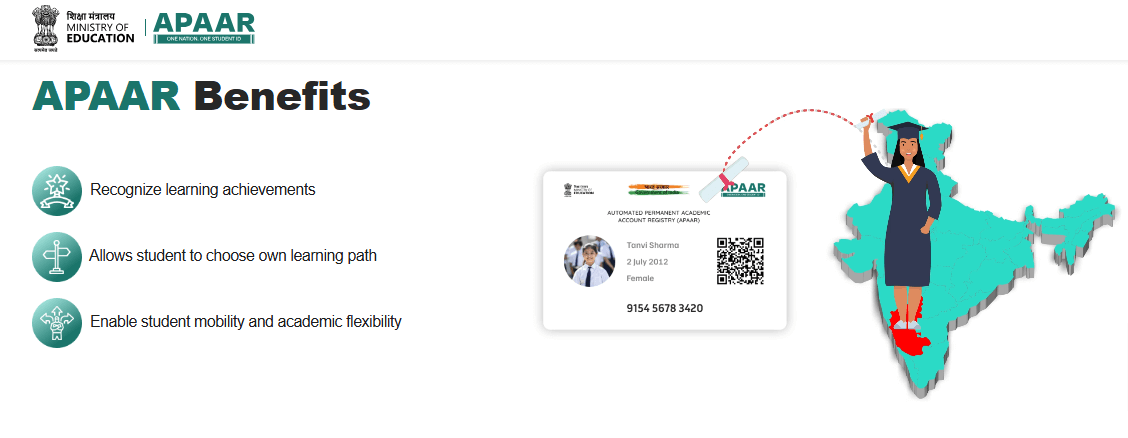
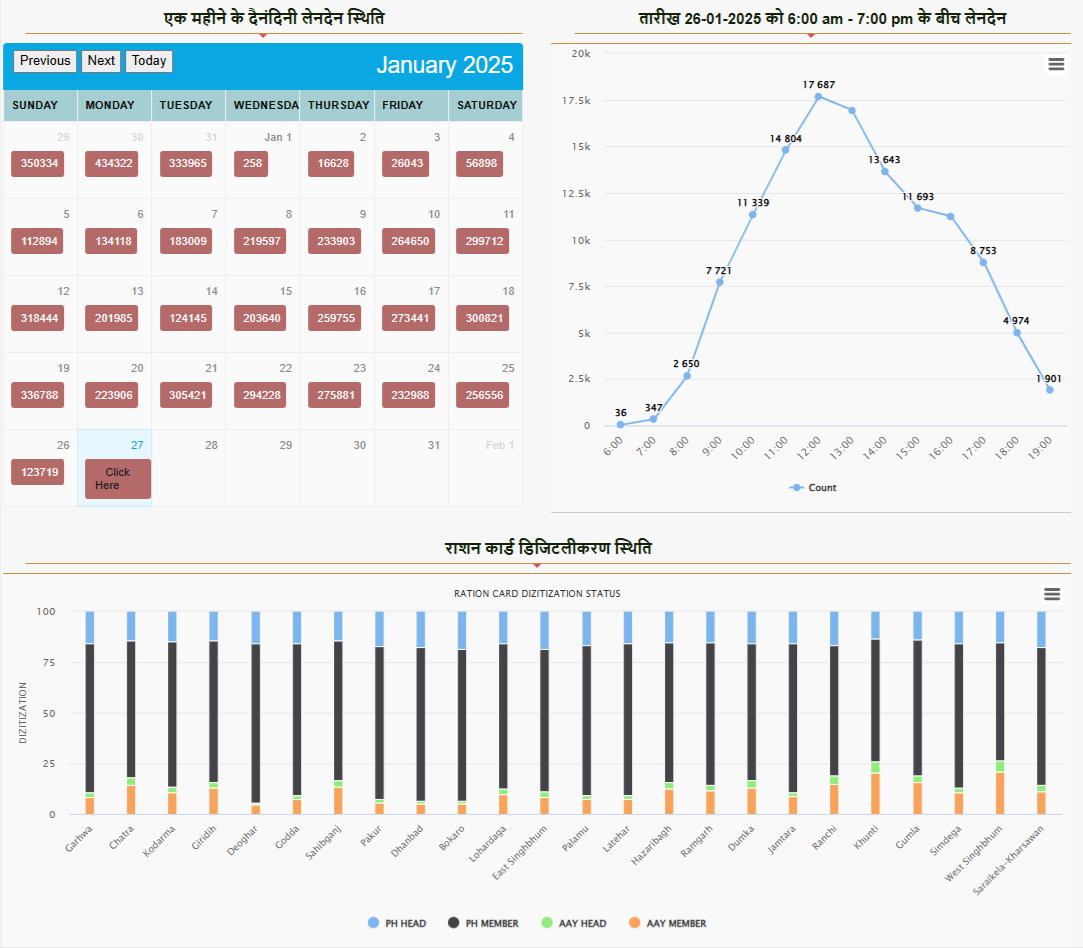
![12 Government Schemes Urban Poor Must Know About [2025 Guide]](https://indiansouls.in/wp-content/uploads/2025/05/image-1.jpg)

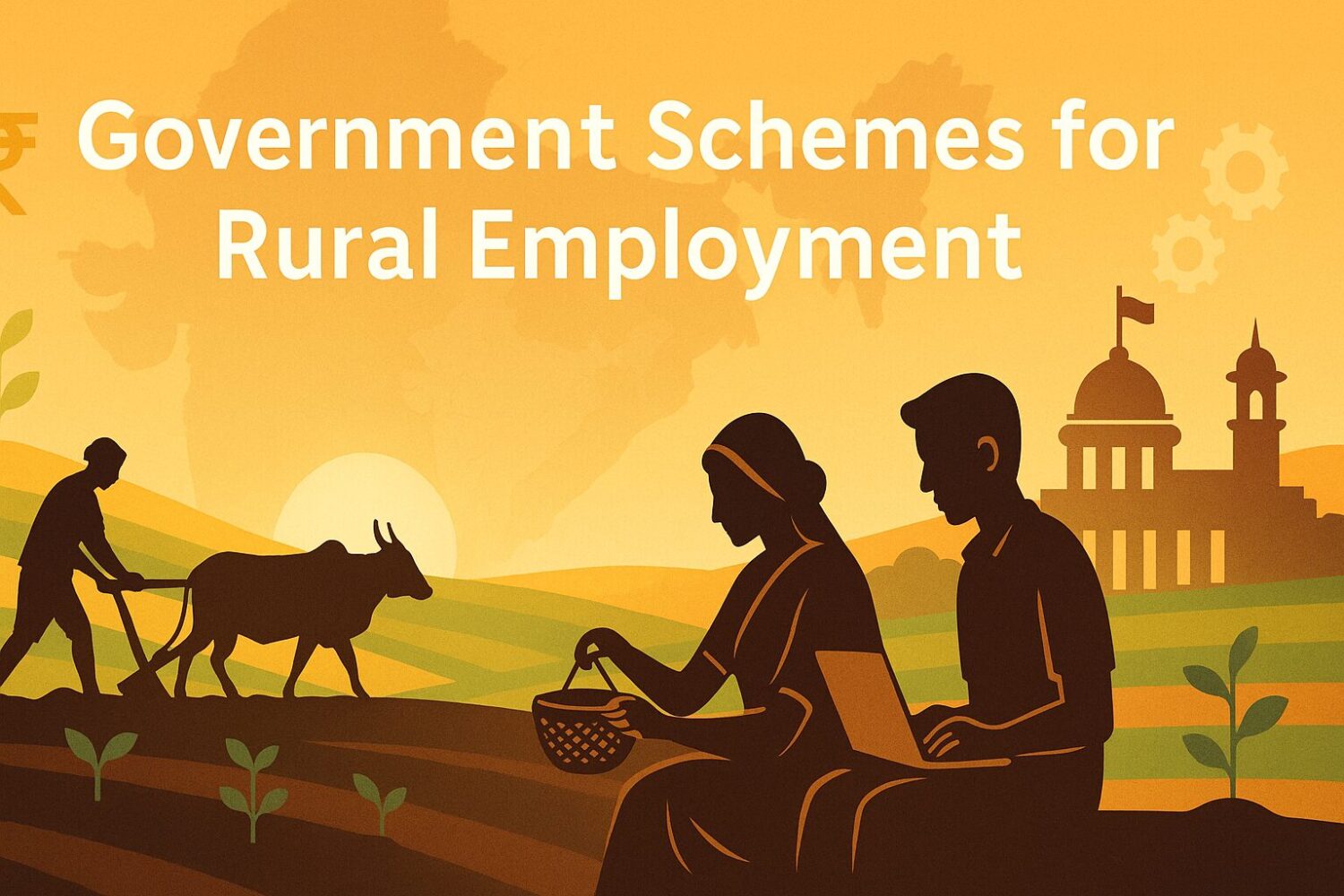

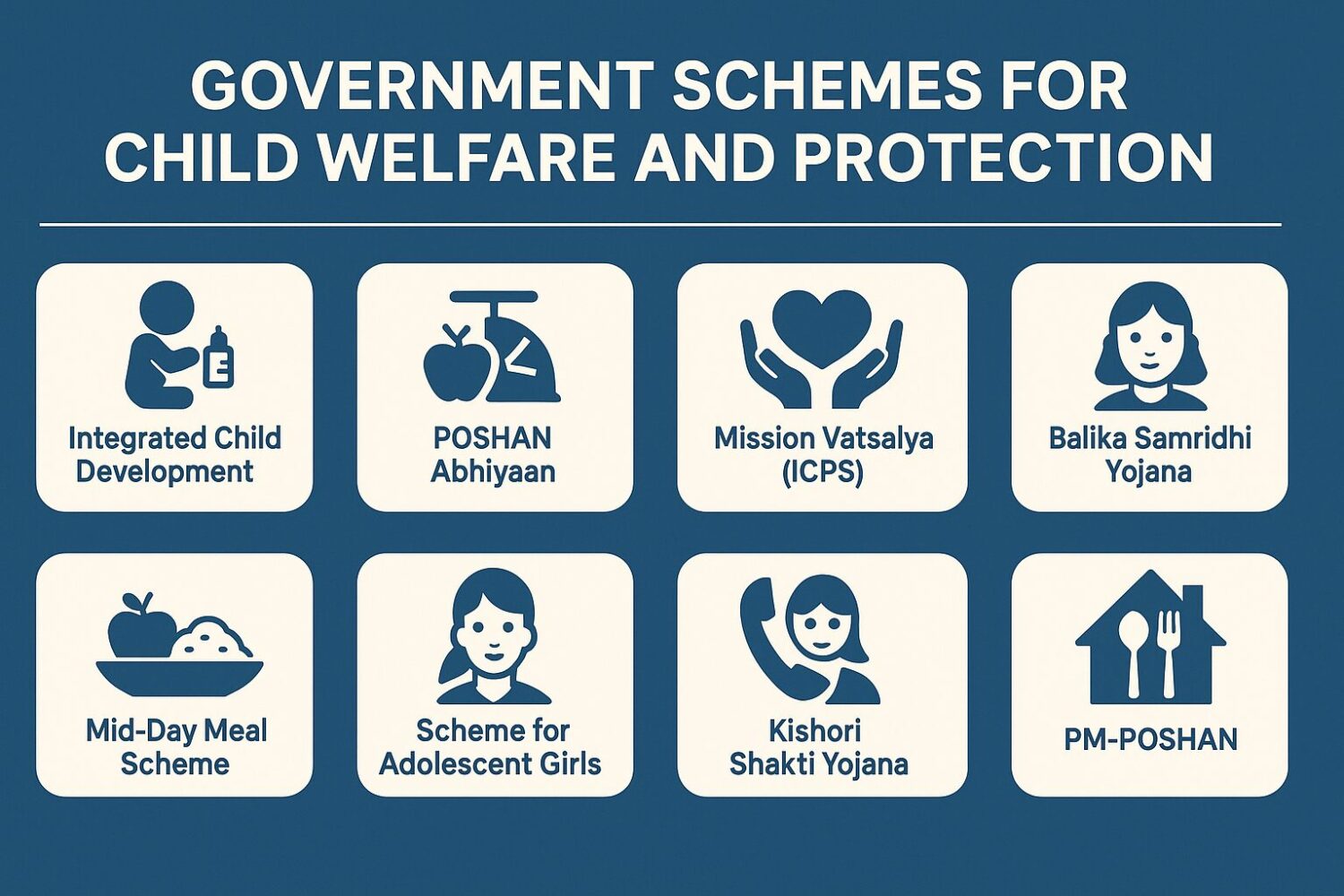
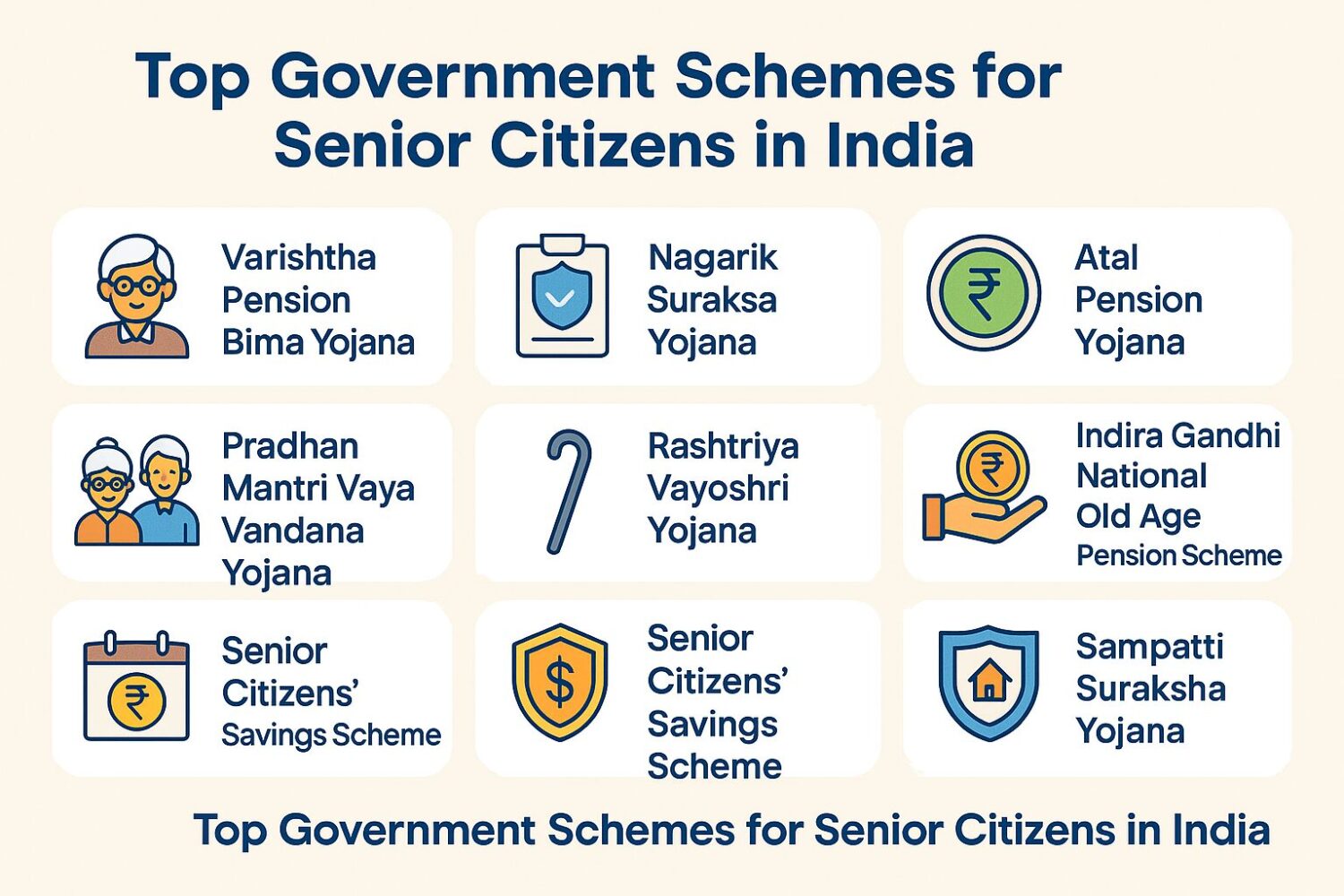

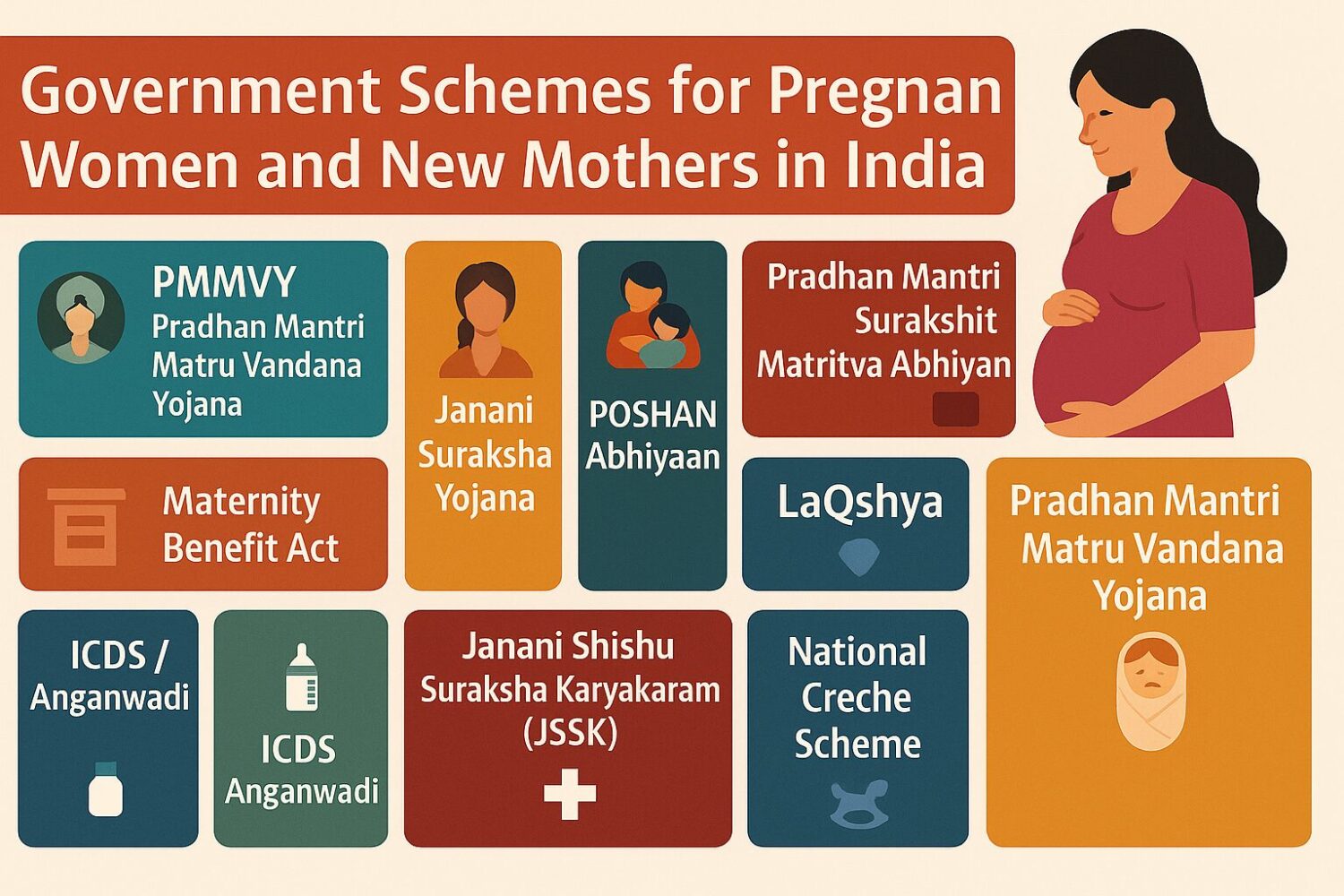
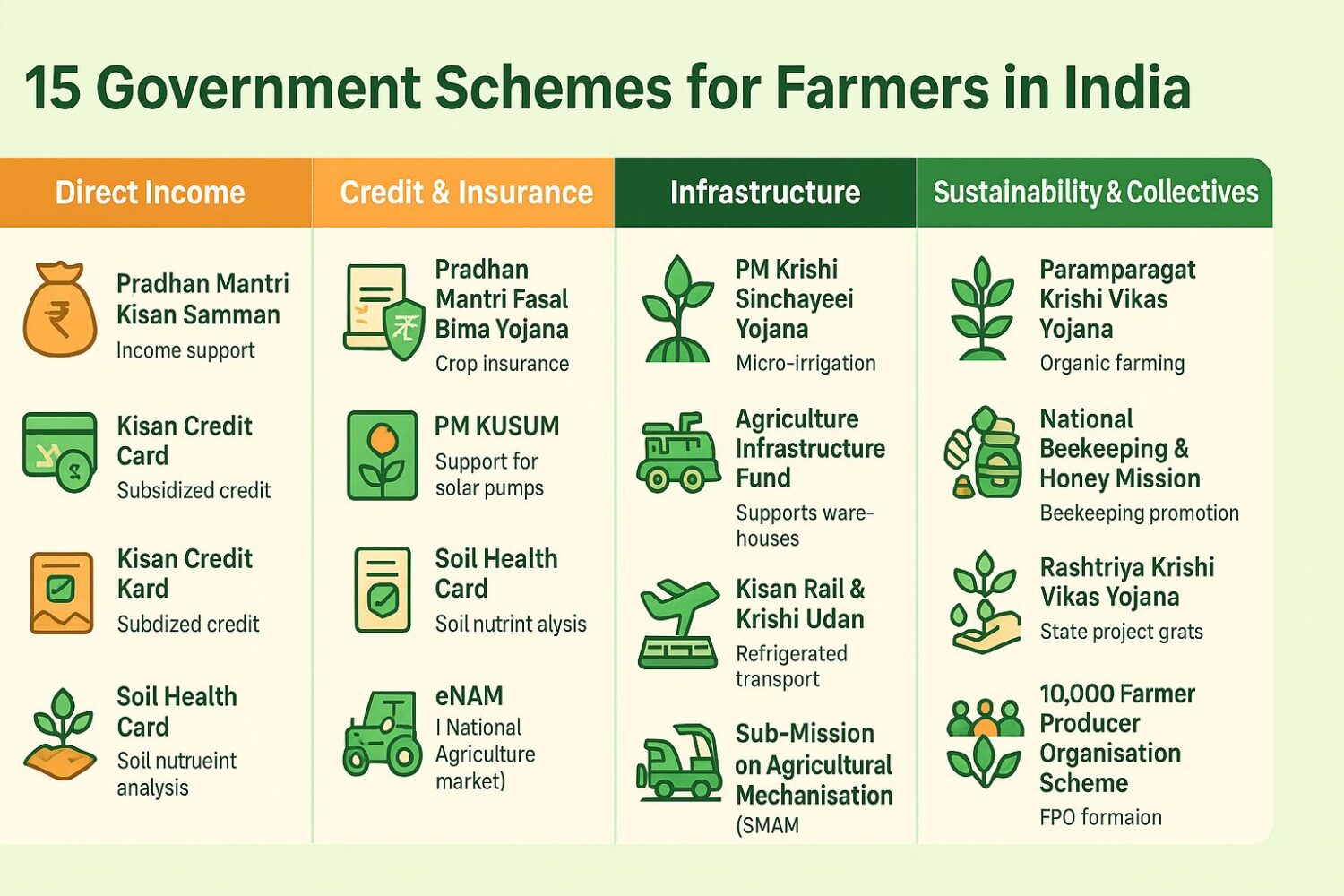


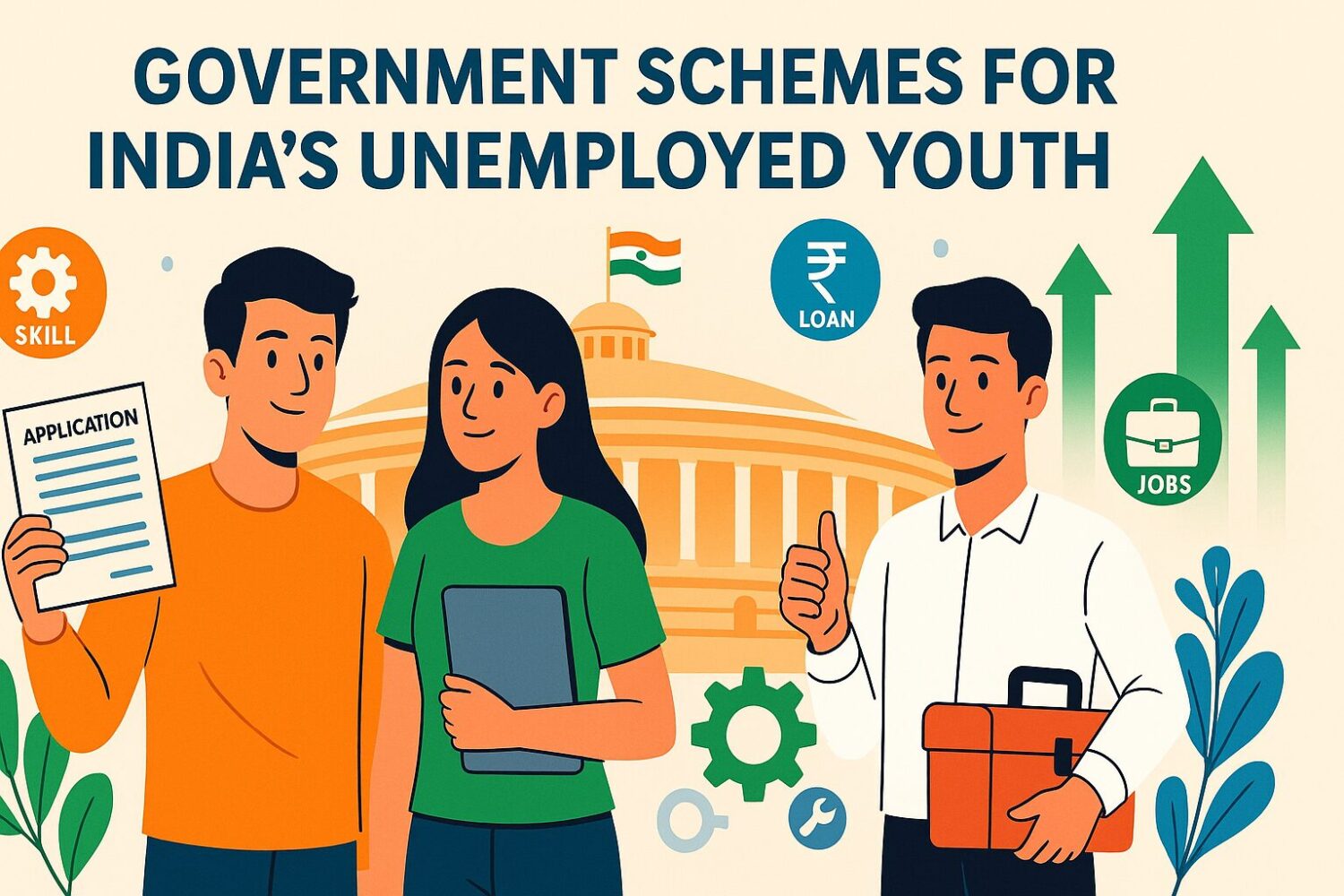


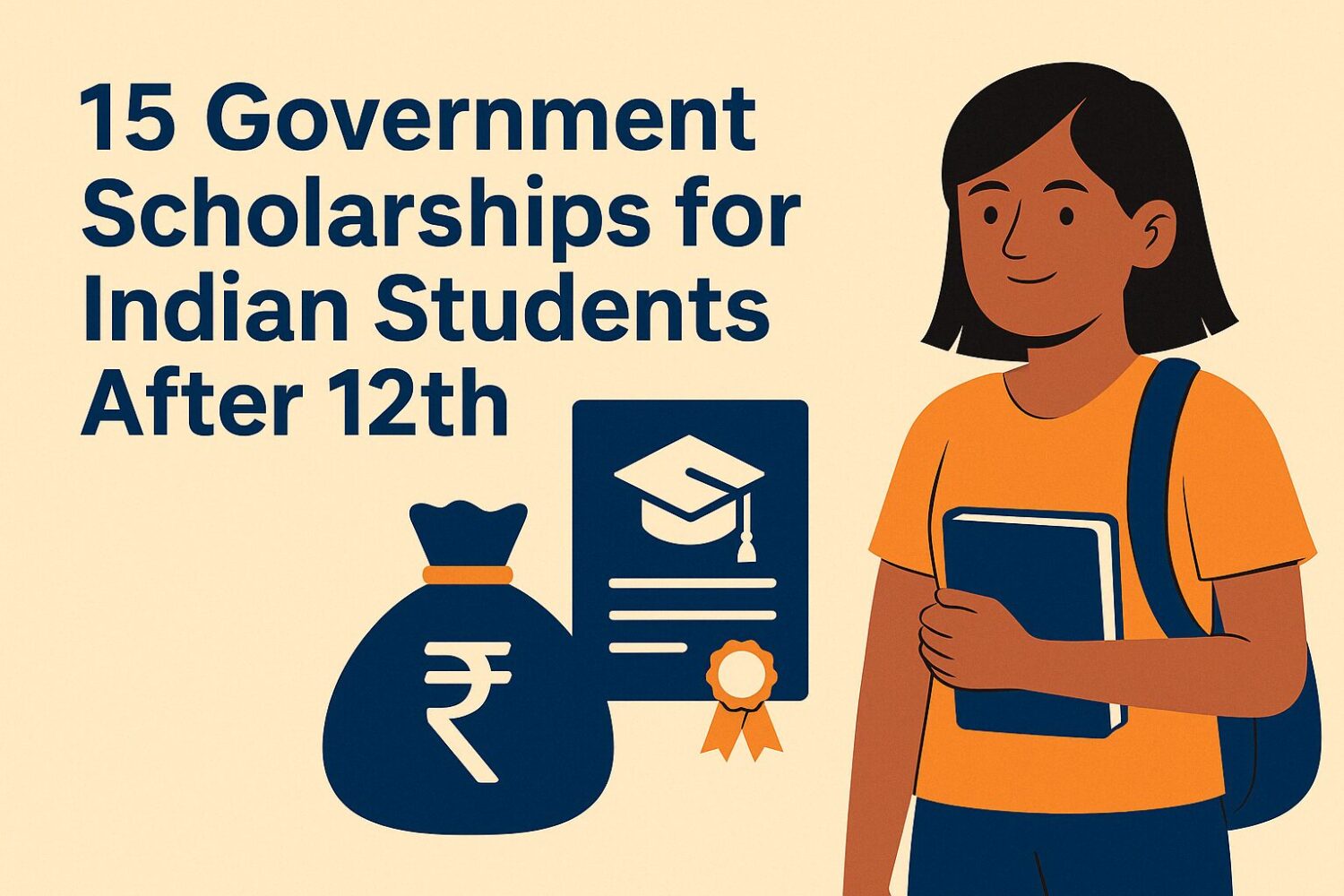
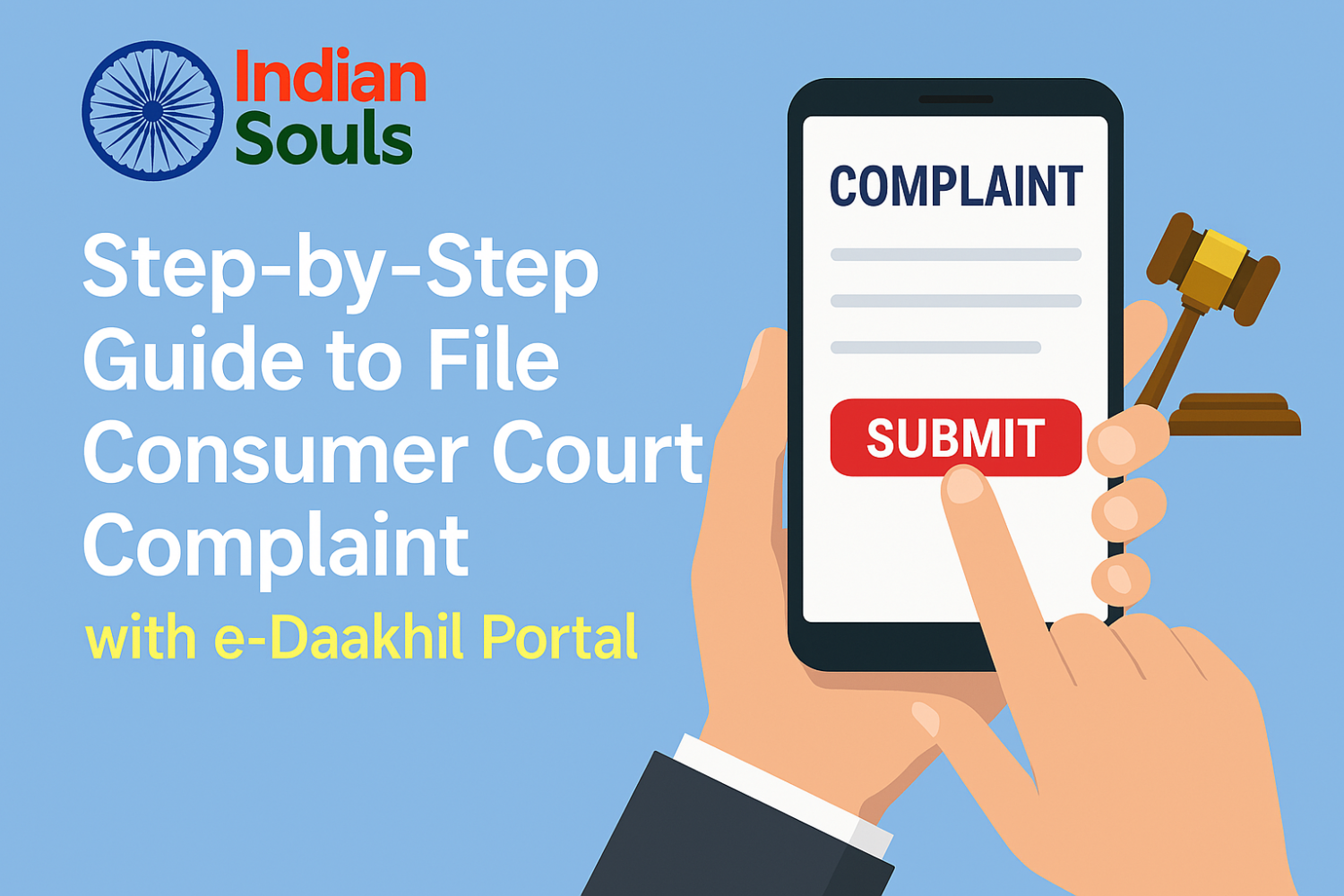





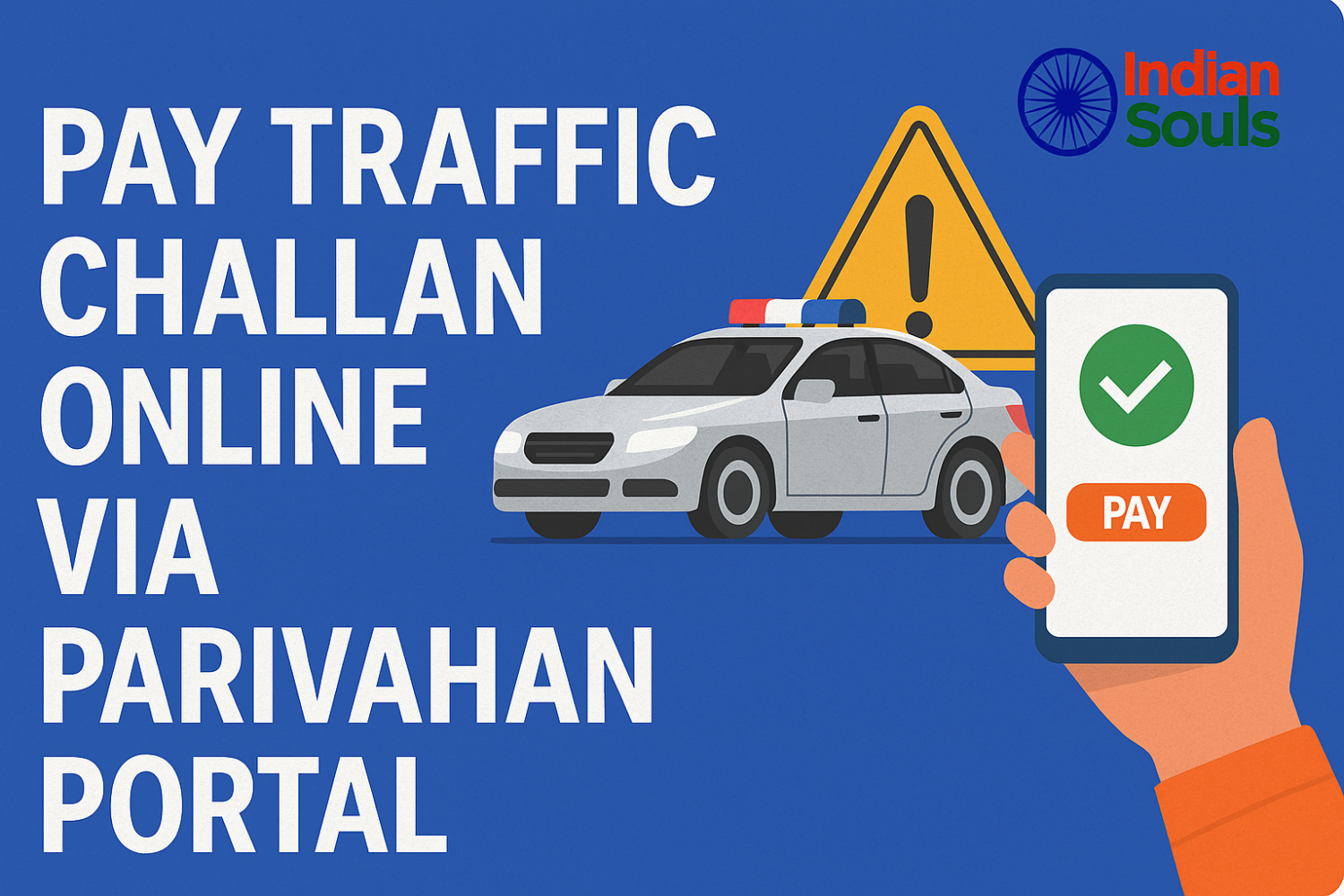
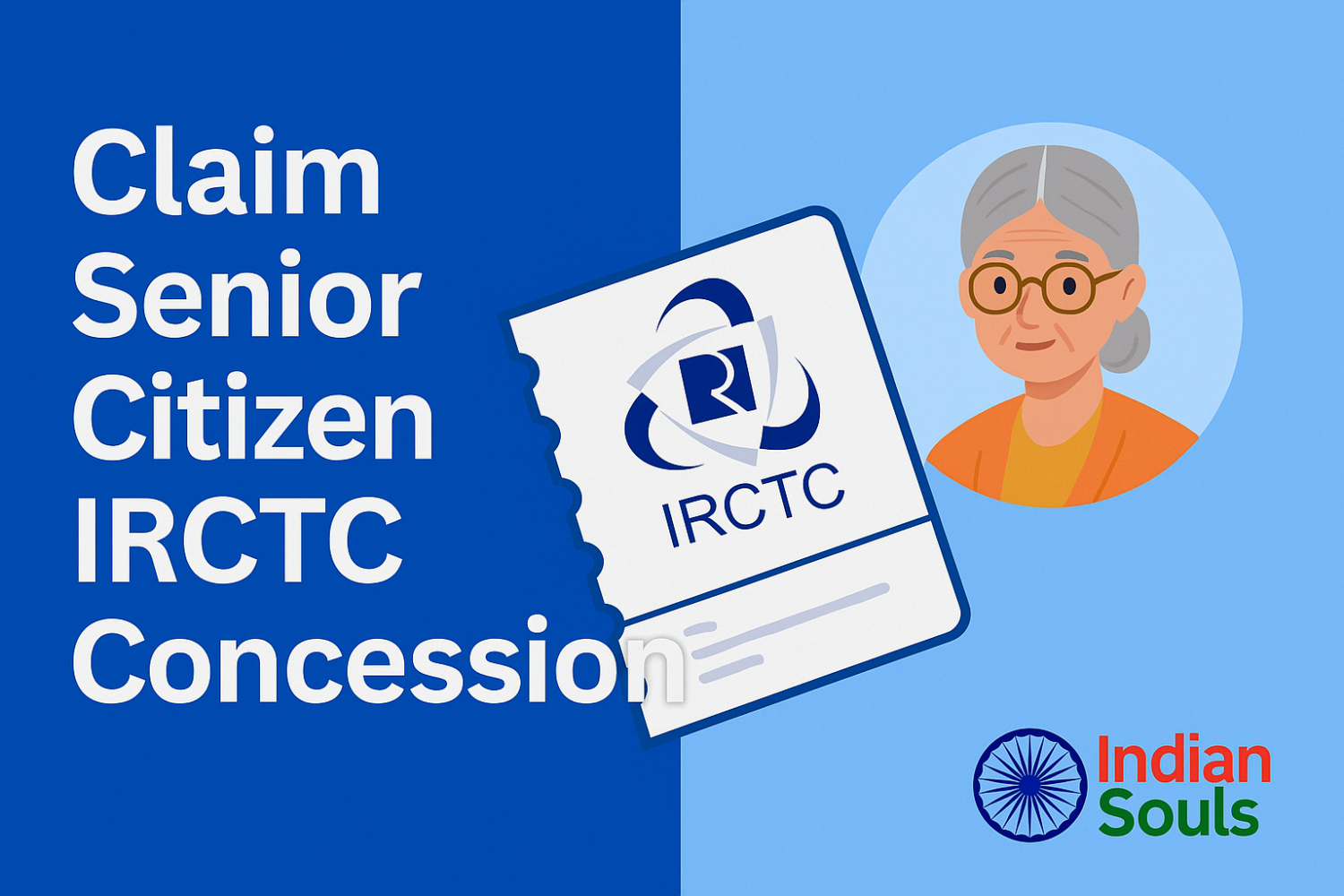

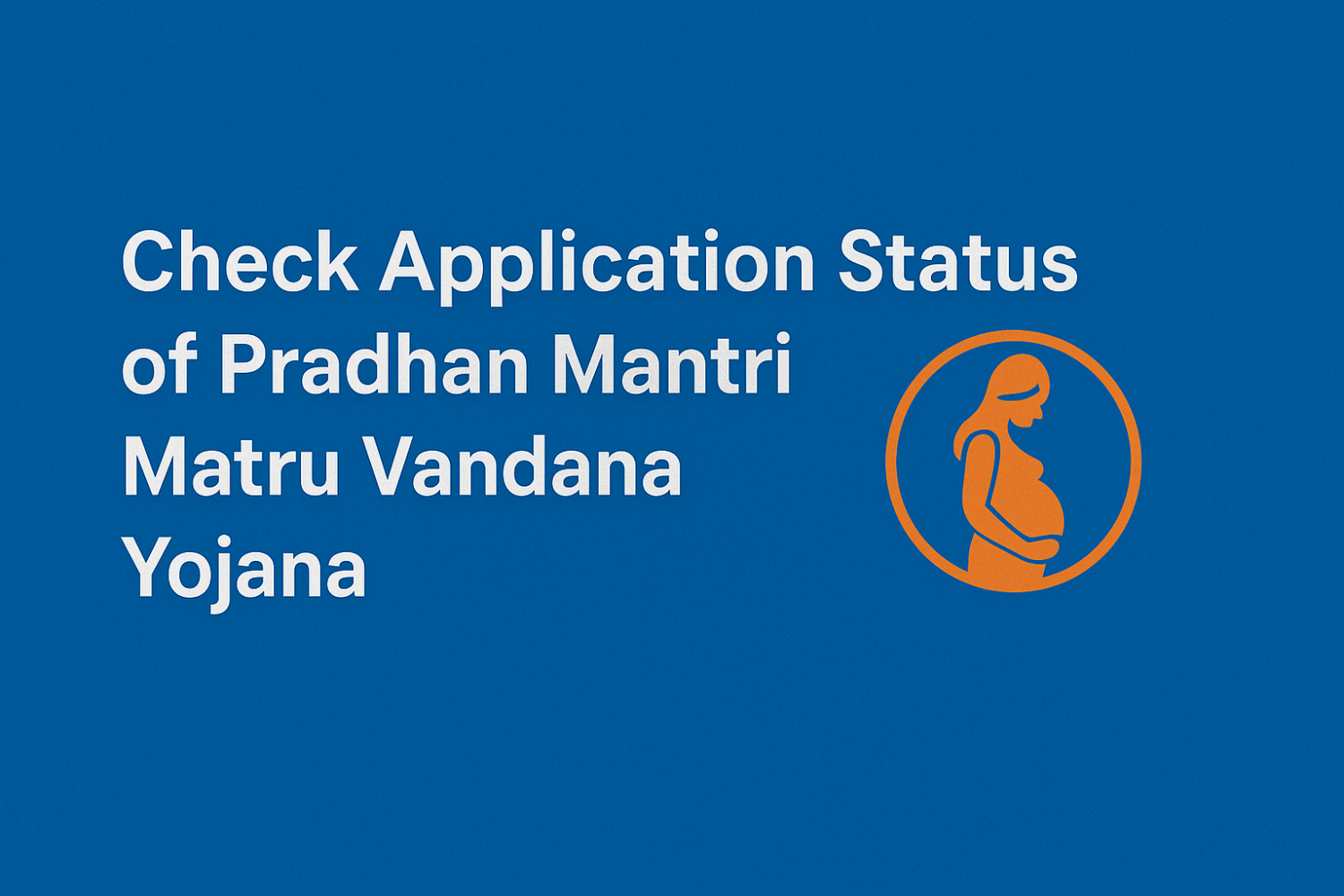











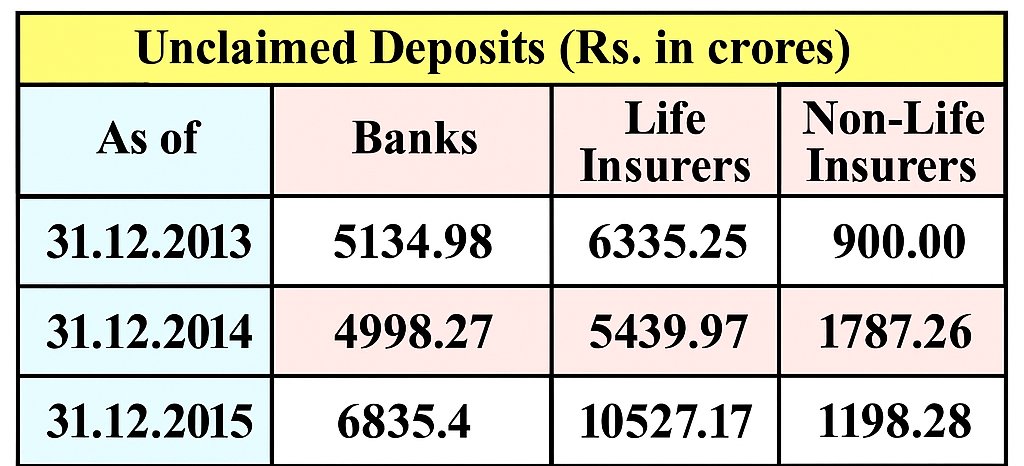



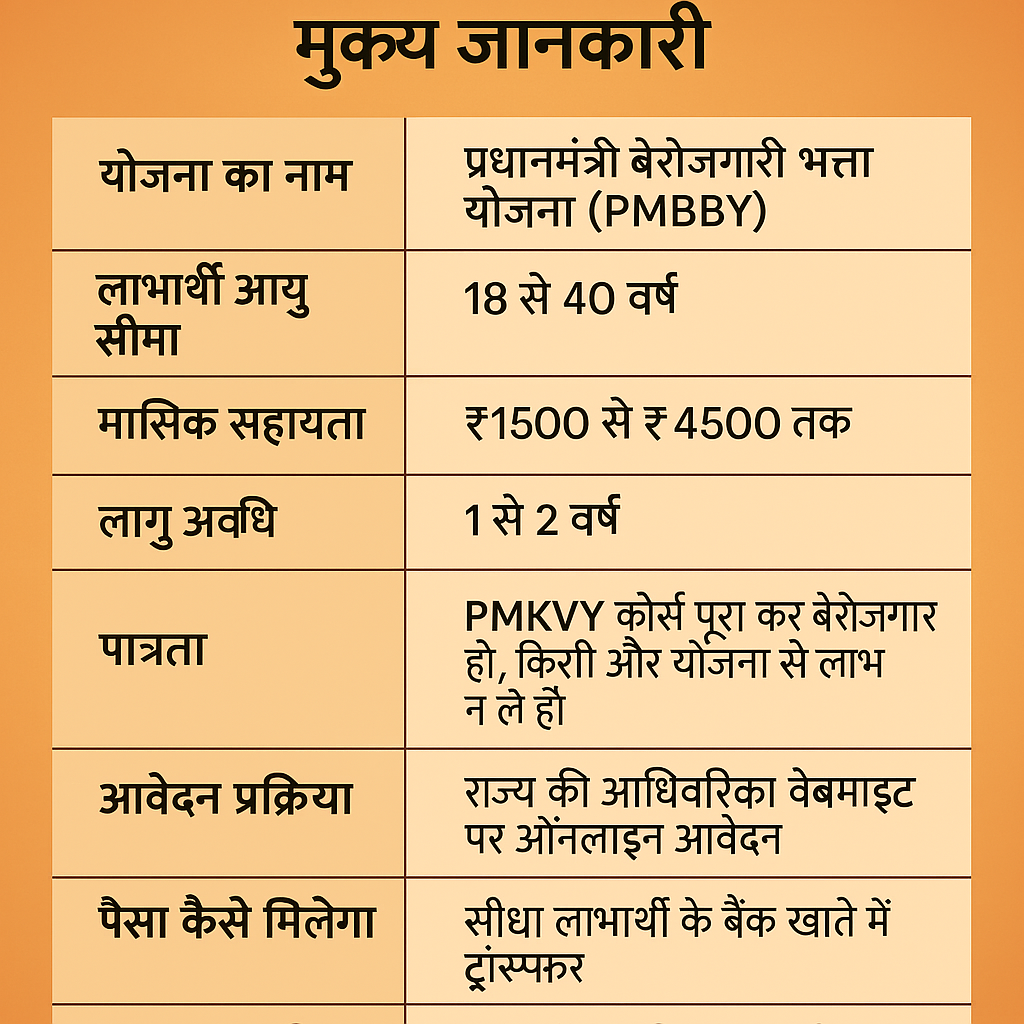
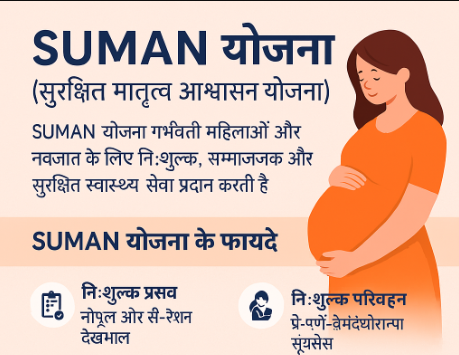


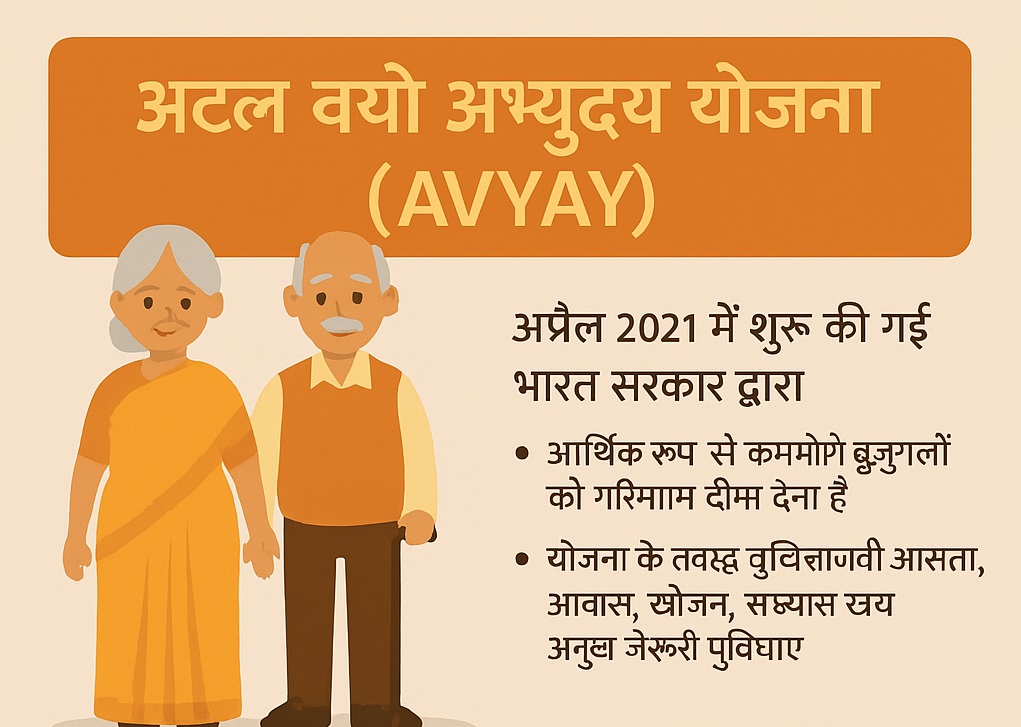

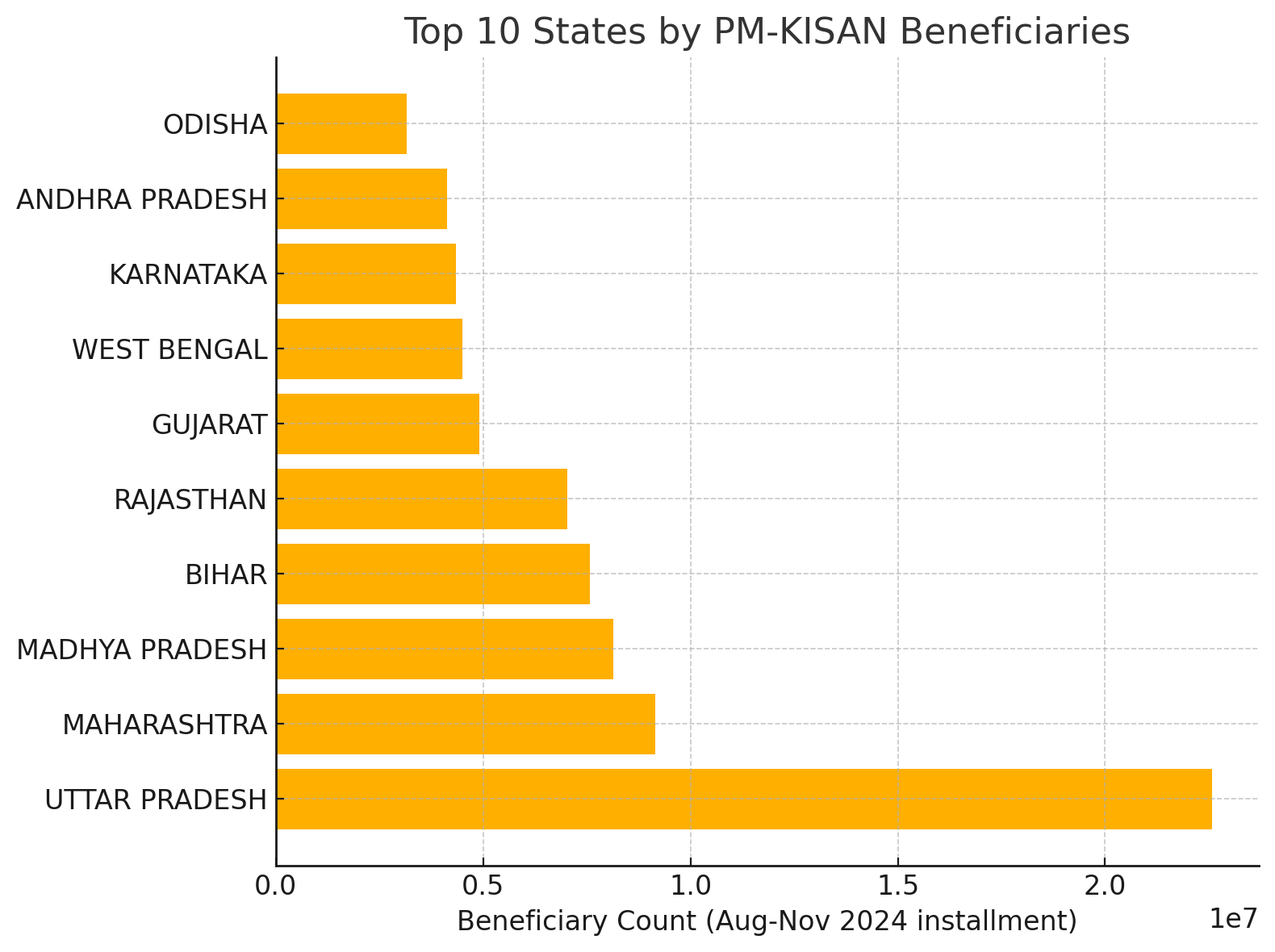
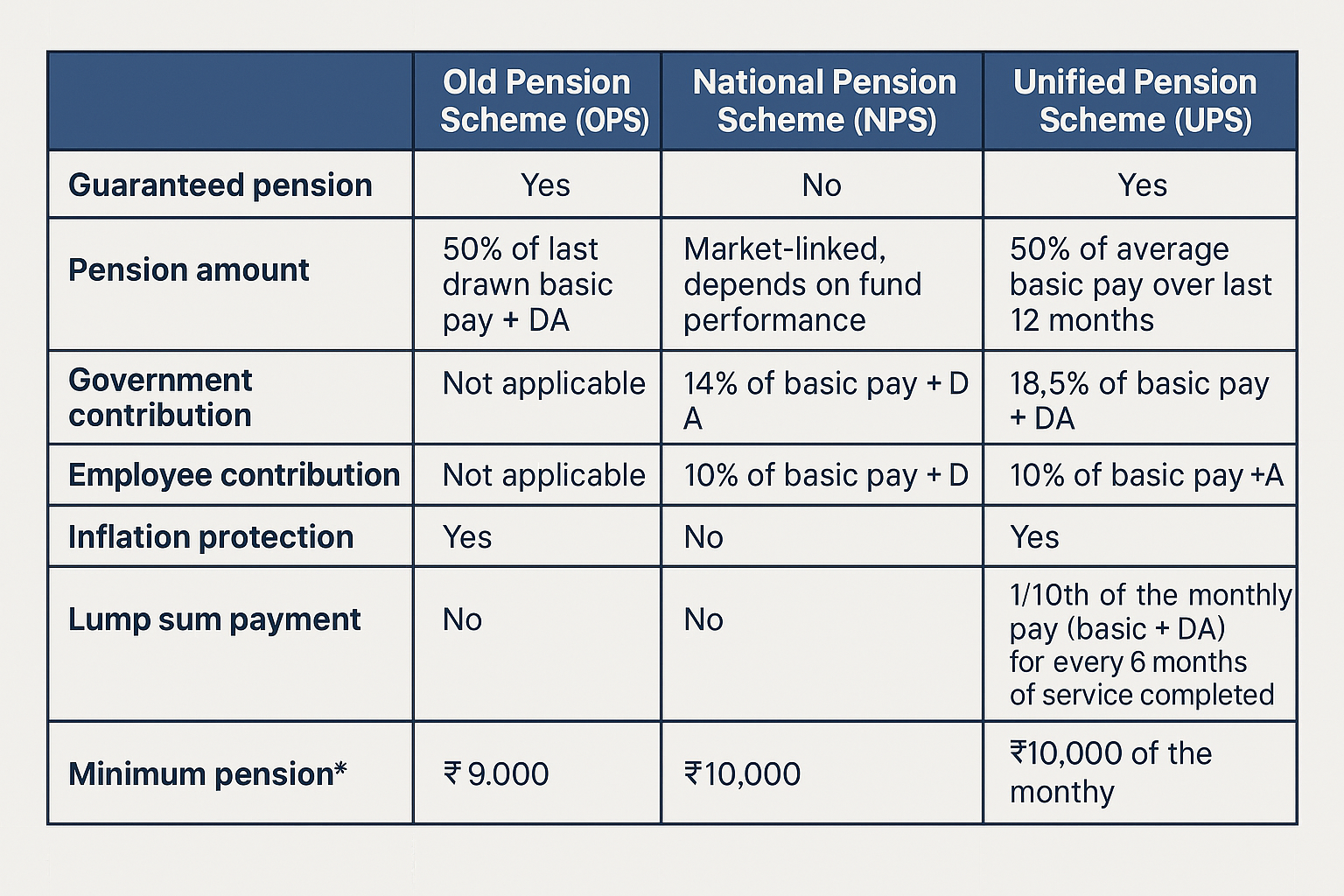

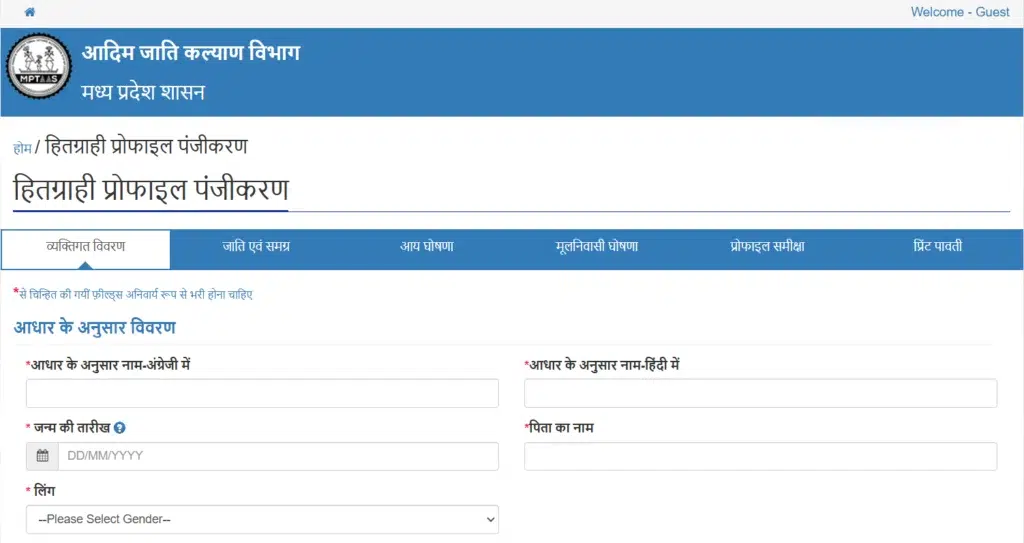






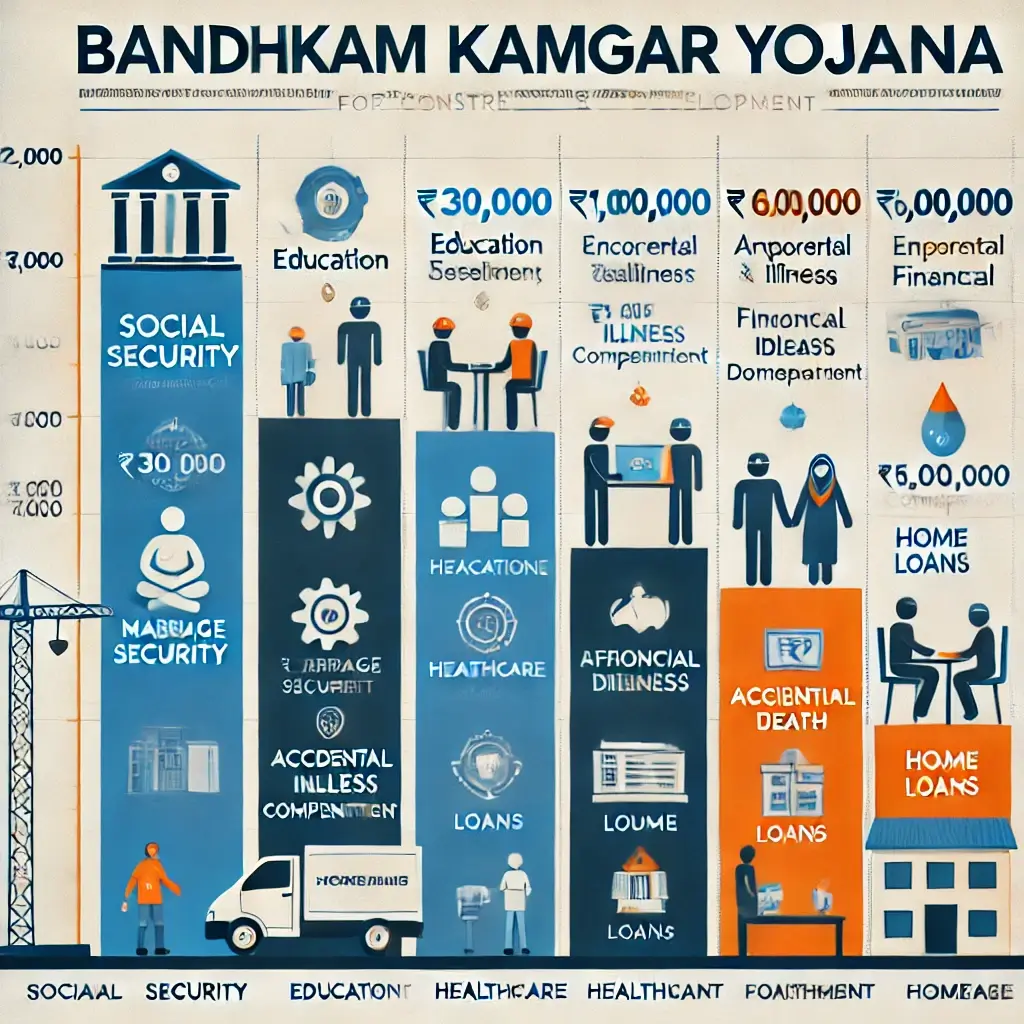


wv8ius